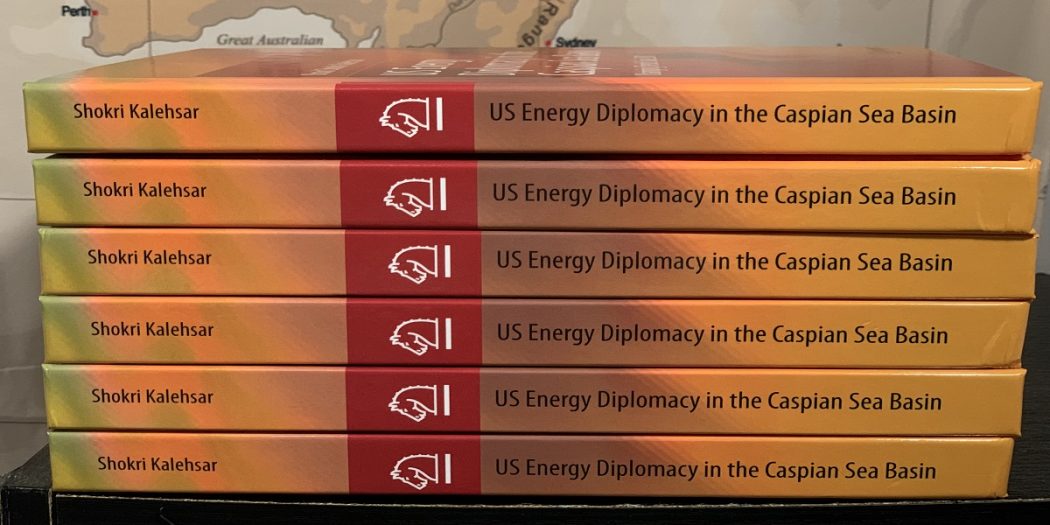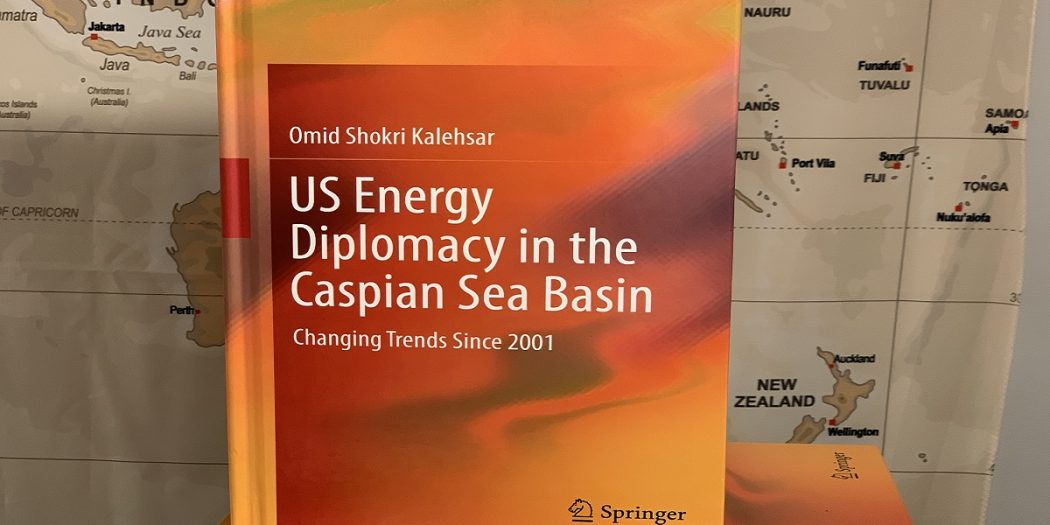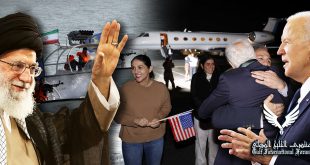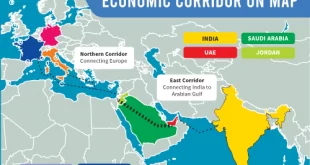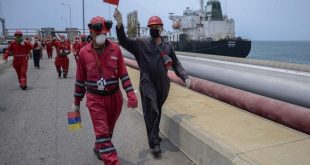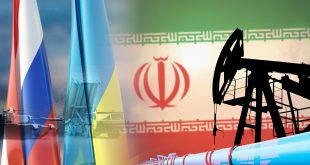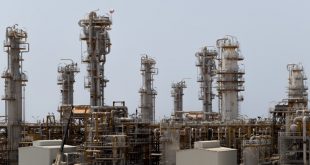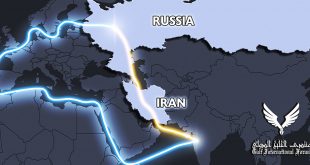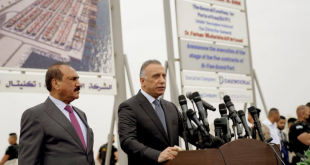The recent agreement between the United States and Iran could portend well for regional security—or it could reinforce existing divisions and promote further escalatory behavior from each side, with significant economic consequences in either case. The recently announced prisoner swap between the United States and Iran has spurred debates about how it …
Read More »Recent Articles
The Geopolitical Chessboard: IMEC’s Role in Shaping New Balance of Power
Key Points Beyond just building infrastructure, the India-Middle East-Europe Economic Corridor (IMEC) project has significant geopolitical relevance and can transform world power relations amid a rising regional and global rivalry for transportation corridors. The IMEC project is a game-changer since it intends to boost connection, enable sustainable growth, and revolutionize …
Read More »Mutual Interests and Geopolitical Considerations in Iran-Venezuela Energy Ties
Key PointsMutual interests and geopolitical considerations have long influenced the Iran-Venezuela energy relationship. Iran aims to increase Venezuela’s refining capacity by revamping its refining complex and reducing its reliance on US technology.Despite the rise in petroleum prices, trade and investment between Iran and Venezuela will continue to be limited due to their …
Read More »Iran’s oil and gas industry a year after the war in Ukraine
Introduction Despite its abundant oil and gas reserves, over the last four decades Iran has not been able to play a prominent role in the global energy market. According to energy industry statistics, Iran requires at least US$160 billion in investment to continue to export its oil and natural gas. …
Read More »The Iran-Afghanistan Water Dispute: Implications, Challenges, and Potential Resolutions
Key Points Iran and Afghanistan have historically relied heavily on their shared water resources, particularly those in the Helmand River basin. A simmering disagreement over water allocation brought on by their shared struggles with drought, climate change, and water mismanagement puts their alliance in jeopardy. Even though Iran and Afghanistan do not have …
Read More »Obstacles and opportunities for closer Iranian-Chinese economic cooperation
Iranian-Chinese economic relations have grown steadily closer over the past four decades, with Beijing emerging as one of Tehran’s leading trade partners in recent years. Their economic relationship entered a new phase in the 1980s, when China started providing Iran with arms and technology during the Iran-Iraq War. But since …
Read More »The Geopolitics of Turkey’s Upcoming Elections
On May 11, Turkish opposition candidate Muharren Ince announced that he was dropping out of the upcoming presidential elections, allegedly due to, in his words, a “smear campaign” that is “the work of the Gülenist Terror Group” (Daily Sabah, May 11). As one of four opposition candidates running against Turkish …
Read More »North-South Transport Corridor: Iran-Russia New Railway to Circumvent Western Pressure
The construction of the International North-South Transport Corridor is another way for Iran and Russia to circumvent Western sanctions and lower trade cost while increasing its volume. After the United States and the European Union imposed extensive sanctions on Russia in response to its invasion of Ukraine in February 2022, …
Read More »Iran-Iraq competition in regional maritime and overland transit corridors
In recent years, Iraq has become one of the leading destinations for Chinese investments in the Middle East and a crucial link in Beijing’s Belt and Road Initiative (BRI). To capitalize on its geostrategic location and central position within the Chinese BRI, Iraq is seeking to develop a sprawling new 54-square-kilometer port …
Read More »Saudi Arabia-Iran normalization and possible bilateral energy relations
Introduction In a breakthrough deal, brokered by China, Saudi Arabia and Iran have agreed on the resumption of diplomatic relations and the mutual opening of embassies, a move that could change the balance of power in the Middle East and restore stability in the region. Under the agreement reached, the …
Read More »
